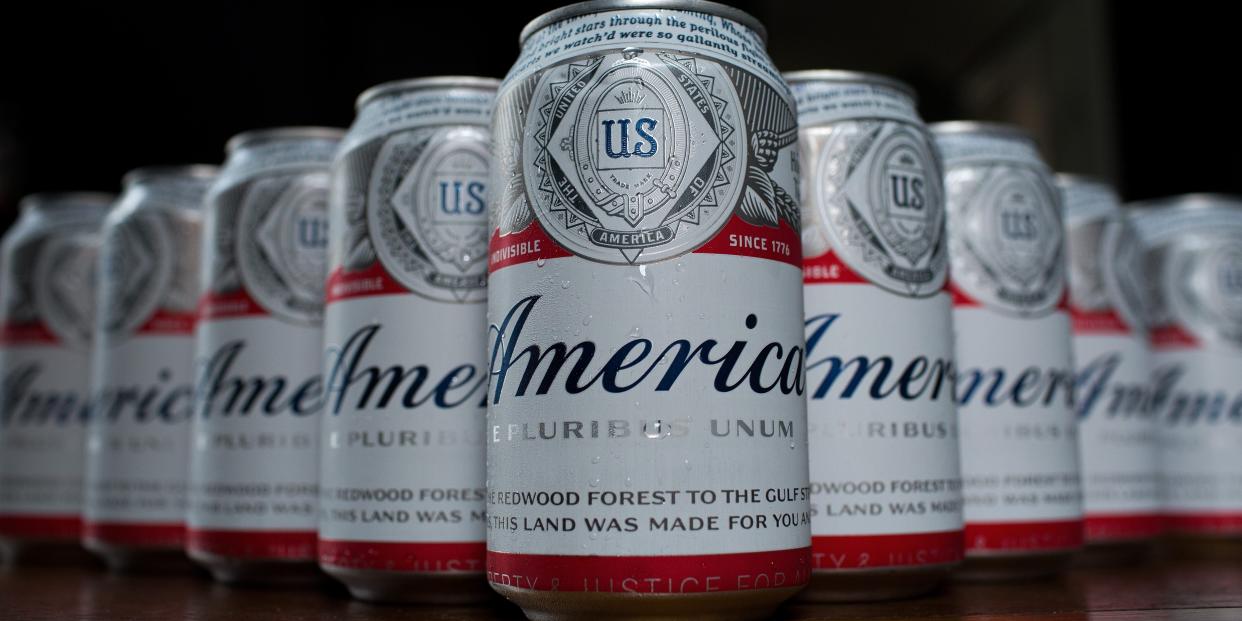Budweiser is getting in on the NFT craze with its 'Key to the Budverse' line of ethereum-based collectibles

Budweiser dropped its first-ever NFT line as the beer giant deepens its foray into the digital asset space.
The collection consists of 1,936 Budverse Cans as a hat tip to the first-ever launch of the Budweiser can in 1936.
Of those, 36 are considered gold NFTs — rare tokens costing $999.
Sign up here for our daily newsletter, 10 Things Before the Opening Bell.
Budweiser dropped its first-ever NFT collection Monday as the beer giant deepens its foray into the digital asset space.
The largest brewer in the world released a line of non-fungible tokens called the Budverse Cans Heritage Edition. It consists of 1,936 Budverse Cans as a hat tip to the first-ever launch of the Budweiser can in 1936.
Each ethereum-based NFT is one of a kind, generated using archived photos, ads, and designs from throughout Budweiser's history.
Of those, 36 are considered gold NFTs — rare tokens costing $999 that come with benefits, rewards, and surprises exclusive to those holders. The rest are considered core editions, which cost $499 and come with their own perks.
The purchase of these NFTs, which Budweiser called "key to the Budverse," is only available through the company's website to US residents who are of legal drinking age.
There will be an additional charge to cover a gas fee of $75 for each NFT purchase. The tokens can be bought with fiat currencies, credit card, or bitcoin/ether via Coinbase Commerce. There will be a maximum purchase of $10,000 per person a day including fees and sales tax.
"Now you can own a piece of history and a collectible that gives you access to the future of Budverse," the website said.
This latest dive into NFTs comes after Budweiser in August bought an NFT of a rocket emblazoned with its logo for 8 ether coins (worth $25,000 at that time), according to NFT platform OpenSea.
Records also show the Anheuser-Busch subsidiary snapped up the domain name beer.eth for 30 ether (worth $94,000 at that time), under which the rocket and other NFTs are stored on crypto platforms.
A growing number of companies — most recently, department store Macy's — have joined the NFT craze as the market sees explosive growth this year.
NFT sales of digital art items hover at a monthly rate of about $2 billion, according to JPMorgan, a big increase from monthly sales volume of about $400 million at the start of the year. The market cap of the NFT universe has grown to about $7 billion, according to the bank.
NFTs are digital representations of artwork, sports cards, or other collectibles tied to a blockchain, typically on ethereum. Each NFT has a signature that can be verified in the public ledger and cannot be duplicated nor edited.
Read the original article on Business Insider

 Yahoo News
Yahoo News 
